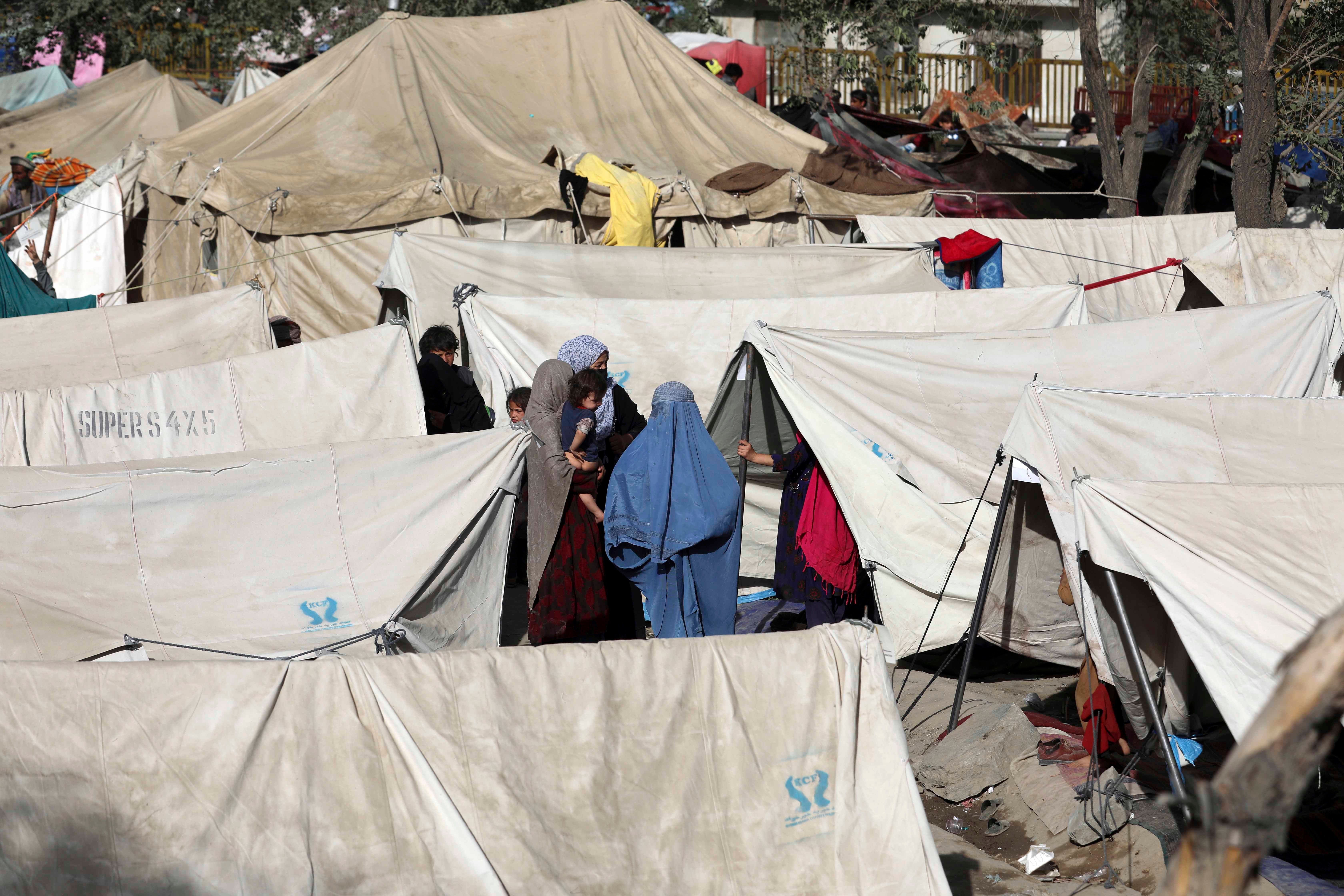(New York) – Afghans who are at increased risk of persecution from advancing Taliban troops are in urgent need of evacuation and international protection abroad, Human Rights Watch said today. Foreign governments should prioritize the provision of visas and help ensure safe transit for civilians who may be abused by the Taliban because of their previous work or status, as well as their immediate family members.
Civilians feared to be particularly at risk include those who have worked to promote human rights, democracy and education; Academics, writers, journalists and other media workers; and people who have worked abroad; among other risk categories. Members of ethnic minorities and Shiite Muslims, especially Hazaras, are also at greater risk.
“The Taliban have long been abusing or killing civilians they consider ‘enemies’,” said Patricia Gossman, assistant director for Asia at Human Rights Watch. “Whether inside or outside Afghanistan, governments and UN offices should provide shelter and assistance to vulnerable Afghans and make travel document processing and transportation a priority.”
Governments should immediately suspend all deportations and forced returns to Afghanistan, Human Rights Watch said. All countries should publicly recognize that Afghans fleeing Afghanistan should be given meaningful opportunities to apply for asylum. The United Nations and UN member states should increase humanitarian aid to neighboring countries to which Afghans are fleeing and support the countries that take them in. Governments should also step up support for emergency evacuation, relocation and resettlement operations for Afghans and come together urgently to adopt coordinated protocols for resettlement of the most vulnerable in third countries.
Governments should also increase support for non-governmental groups inside and outside Afghanistan who advocate human rights, women’s rights, children’s rights, education, health care and other vital needs. Governments should ensure the participation of Afghan civil society groups in discussions on aid and resettlement.
The UN Human Rights Council in Geneva should urgently pass a resolution creating a special body that, with the support of the UN High Commissioner, collects and preserves evidence of human rights violations by all conflict parties in Afghanistan and prepares files in order to enable a fair and independent criminal trial for human rights.
The UN Security Council should immediately pass a resolution calling on all parties to the Afghanistan conflict to comply with international human rights standards and humanitarian law, in particular the humane treatment of civilians and combatants in custody. It should be reiterated that the International Criminal Court, of which Afghanistan is a party, can prosecute war crimes and other atrocities. The resolution should call on all parties to ensure that all civilians, including internally displaced persons, have unrestricted and free access to humanitarian aid from UN agencies and humanitarian groups.
The Security Council will renew the mandate of the UN Aid Mission in Afghanistan (UNAMA) in September. The mandate of UNAMA should be explicitly extended to the gathering of information and evidence of serious violations and abuses by all parties to the conflict. The Council should instruct UNAMA to report publicly on its findings and to exchange information and evidence with the Prosecutor’s Office of the International Criminal Court and other international or national agencies investigating war crimes and other abuses in Afghanistan.
“Afghanistan’s warring parties need to realize that the world is watching and that evidence of abuse is being gathered,” Gossman said. “Those who commit atrocities can one day expect to be tried in the International Criminal Court or other tribunal for their crimes.”












/cloudfront-us-east-2.images.arcpublishing.com/reuters/JEUL2B5V7BJCFMRTKGOS3ZSN4Y.jpg)



/cloudfront-us-east-2.images.arcpublishing.com/reuters/DYF5BFEE4JNPJLNCVUO65UKU6U.jpg)

/cloudfront-us-east-2.images.arcpublishing.com/reuters/UF7R3GWJGNMQBMFSDN7PJNRJ5Y.jpg)












